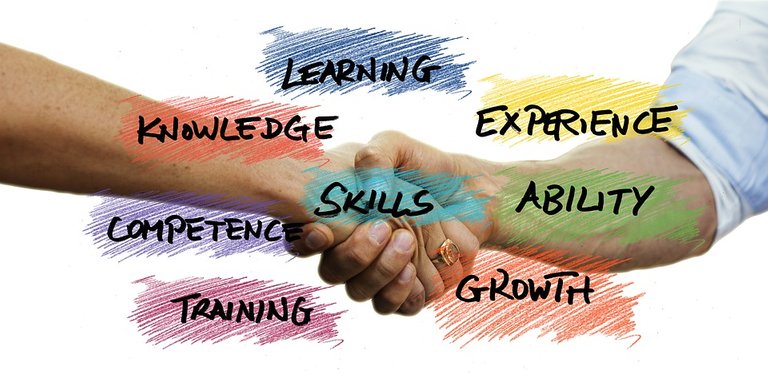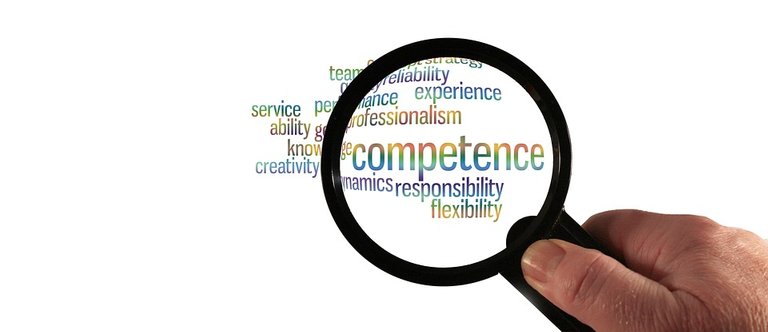

In the labor markets, the strategies for the positioning of people or companies in the centers of interest have been reduced according to the attitude assumed by those represented, interested in conquering them. In this regard, it is pointed out that currently most of the Latin American countries are constituted by organizations and institutions whose employees are qualified and qualified, that gather the competences and are in continuous training, that is to say, intelligent responsible people, committed to the tasks they perform. your emotions at the center of attitudes.
In addition, emotions include key deferences such as: the skills of interpersonal relationships, commitment and identification for the organization, in order to be able to assign an unprecedented value to emotional intelligence for success at work. However, Venezuelan industries are going through changes in their activities, to achieve the goals of professional growth in the coming years, directly and indirectly supporting the socio-economic or cultural development of the country. Therefore, companies have a young human capital with potential in their professional development, for the interest of studying the interpersonal relationships of each subject, because they are responsible for managing the skills of self-knowledge.
On the other hand, people need to be able to understand the feelings of others in order to get along better with others, from a non-verbal language. Because it is valuable to have the ability to interpret feelings in a way where you can get along better with other individuals. In this sense, the person feels committed to their work, which guarantees the success of the employee and the organization.

Around organizations, you need to take measures to develop a human capital where you can acquire the commitment to exert influence in your own work environment. This participation will lead to coordinated action to identify or solve problems by applying the so-called emotional intelligence to take advantage of the opportunities to ensure permanent adaptation to any change in the environment.
This can be achieved through the development of emotional intelligence in people who work in organizations. Emotional intelligence can be defined as: a set of abilities, abilities and competences that are not cognitive, at the same time influencing a person's capacity to face the demands, pressures, difficulties of their environment. It is composed of five dimensions such as: consciousness, personnel management, motivation, empathy and social skills.
The aforementioned proposes that the competencies associated with emotional intelligence form a framework or structure on which the attitudes of people based on their work performance are supported, this due to their role development that they must assume, both in the organization as in society.

In the same way, emotional competences allow the individual to achieve commitment and effectiveness in their daily work, through team work, the timely collaboration of colleagues to solve problems, with a communicative fluency between levels, a motivation to achieve , among other characteristics required in the performance of the organization.
Consequently, managers to recognize feelings in themselves and others must learn to identify at the right time, and then exercise management by working with others, due to the need to encompass the various components of emotional intelligence such as: to perceive, value and express emotions with precision, to be able to experiment, or to generate them at will, certain feelings, insofar as they facilitate the understanding of oneself or of other people.

In a special way, the need for levels of competitiveness in human resources has been demonstrated as a way to face the challenges derived from the demands of the national and international market, the needs to achieve the goals, productivity objectives in the short, medium and long term. term as a way to promote the transformations required by the country in the economic, social.
In this regard, it is important to note that the development of emotional intelligence in the workers of an organization will allow a better understanding among them, which translates into effectiveness and efficiency, in order to contribute in an orderly manner in achieving the strategic objectives of the organizations. companies, otherwise the company would lower the performance of its staff and with it the levels of productivity and profitability.
The lack of achievement of strategic objectives of a company is a problem that managers must analyze and find a solution to them, otherwise it can mean the failure of the organization. Hence the obligation on the part of the leaders to assume the necessary strategies to incentivize the personnel and ensure that they provide their greatest effort in achieving their individual and team performance objectives.
Within the needs it is necessary to develop emotional intelligence because it becomes an alternative to achieve the successful performance of the staff, because it is conceived as a skill focused on knowing one's own emotions, interpreting or confronting the feelings of those around them. , feel satisfied and be effective in life. Therefore, organizations are interested in the part of the quality of life of their employees. In comparison to the past decades where managers were only interested in performance, without taking into account the feelings or emotions of the worker.
In the same way, it is said that work plays a role in the life of man, individuals spend part of their time working, which will depend on the interaction or stimuli in the organization, because it can happen to the non-identification with the values, objectives of the company on the part of the employees, generating an unfavorable response regarding the services of the quality of the products.
